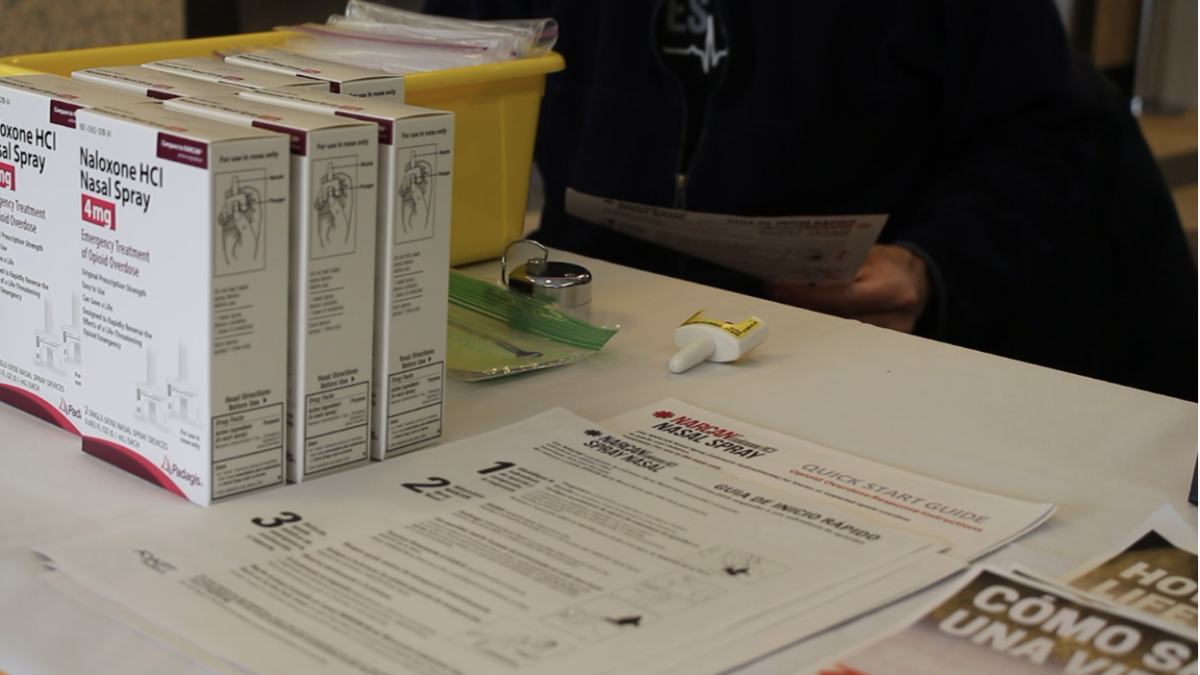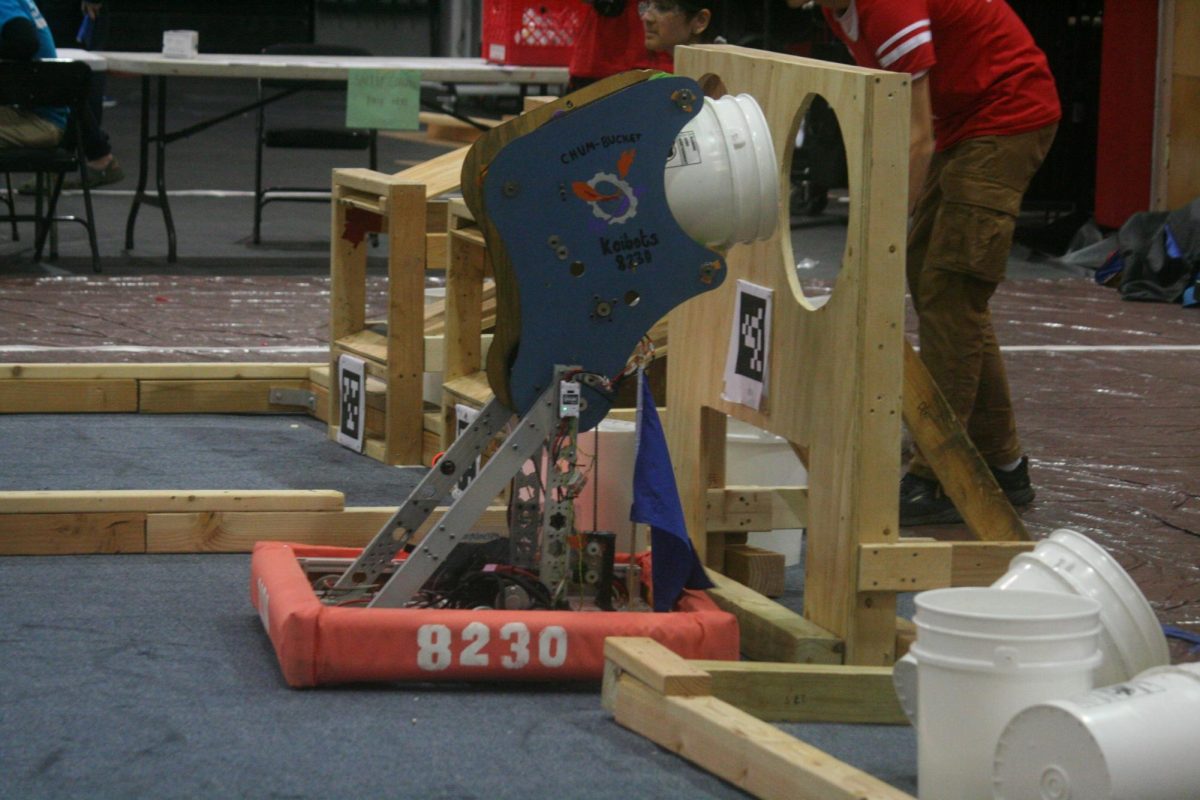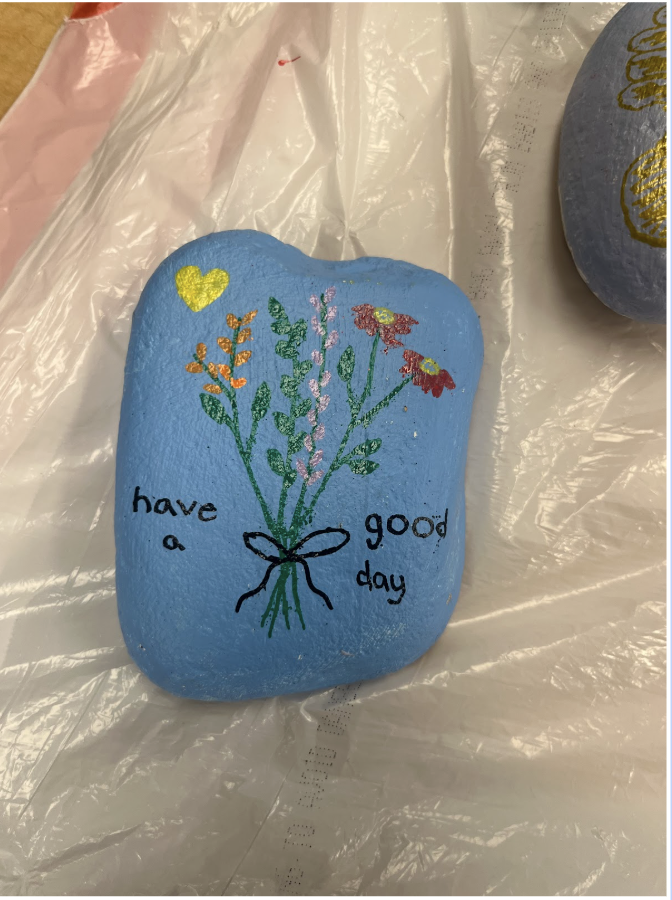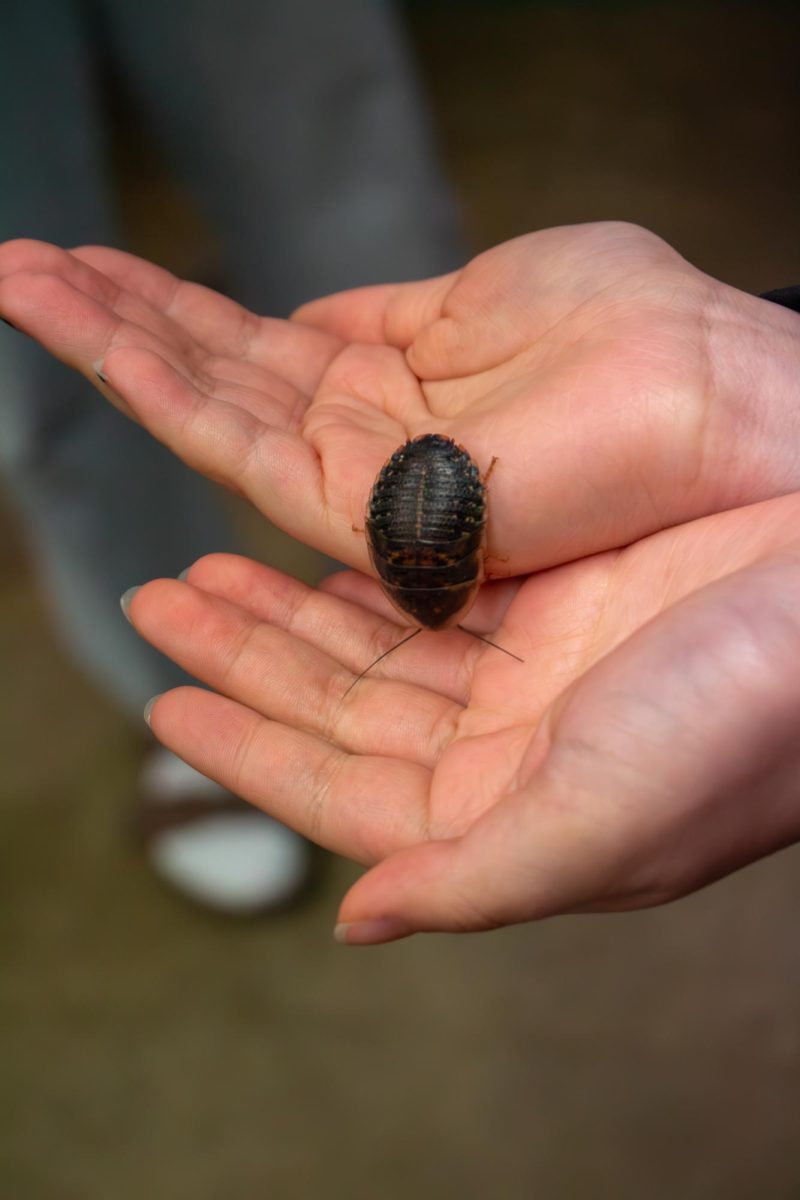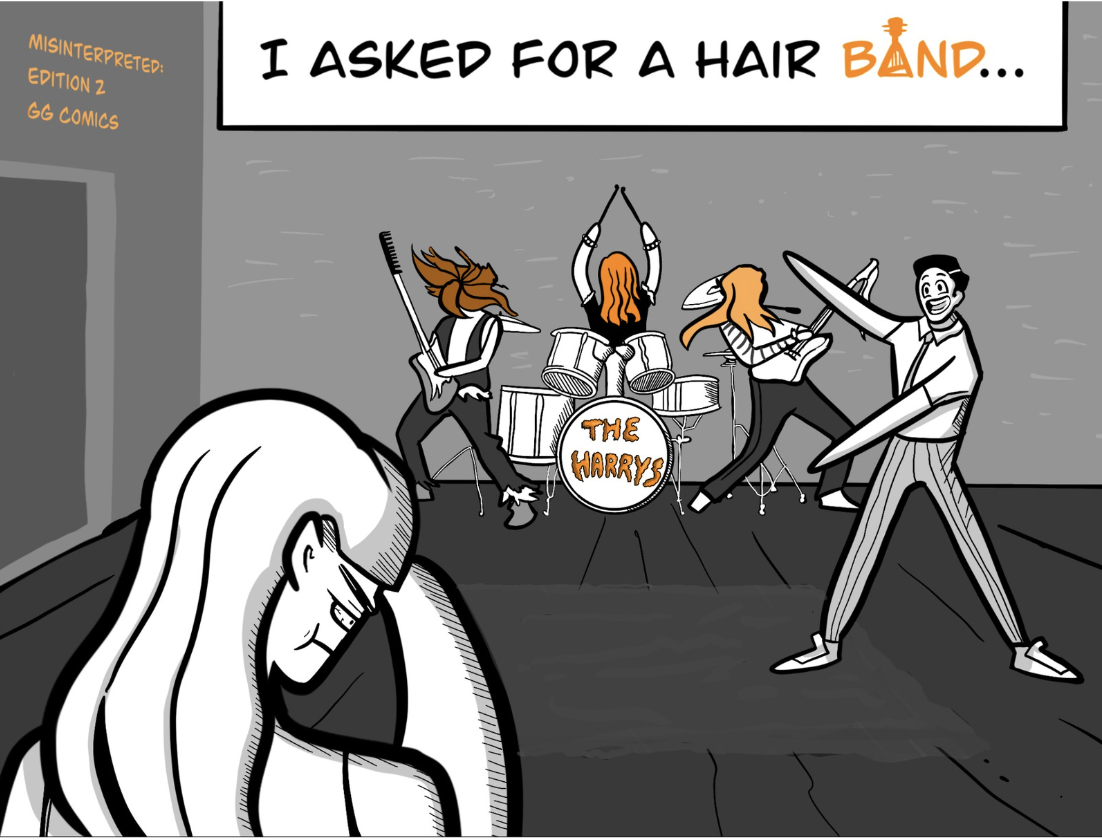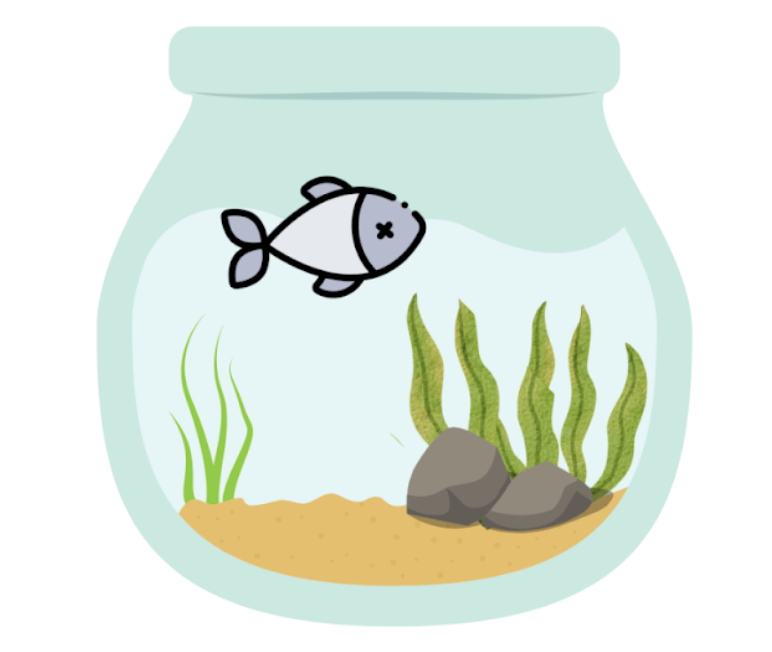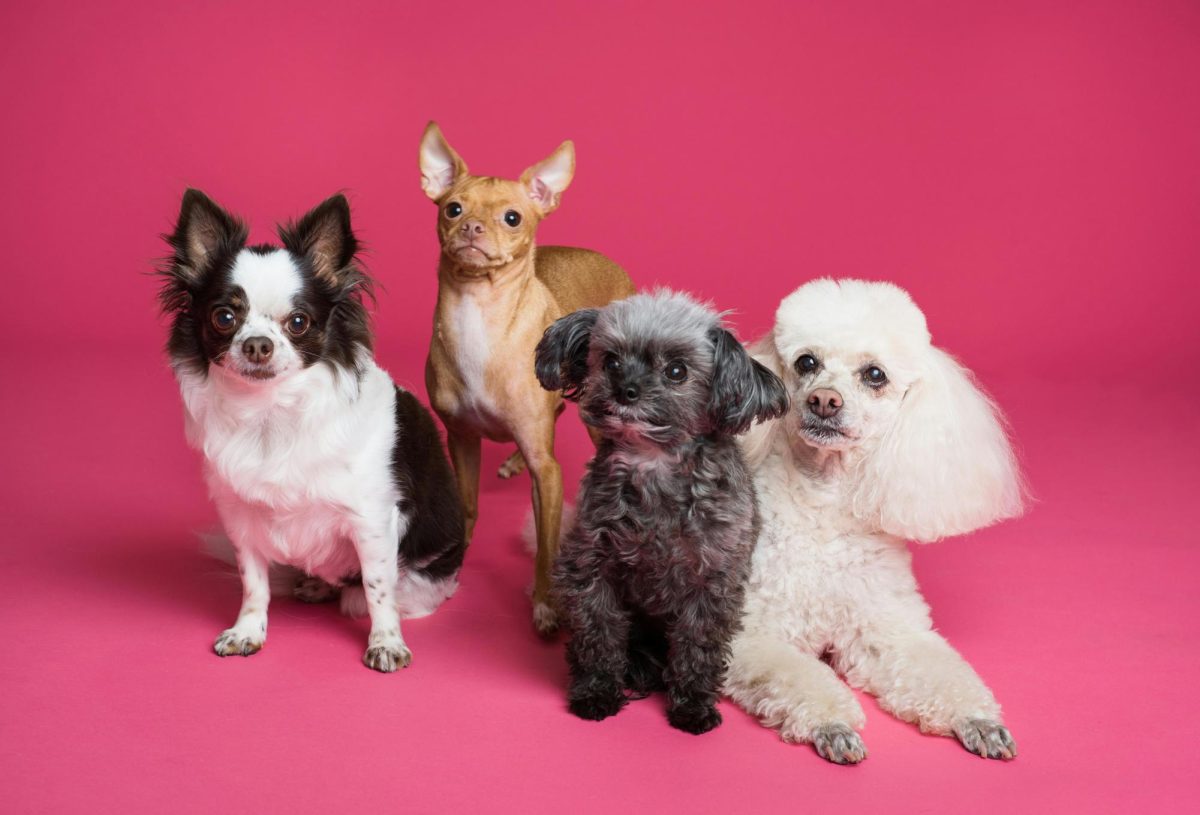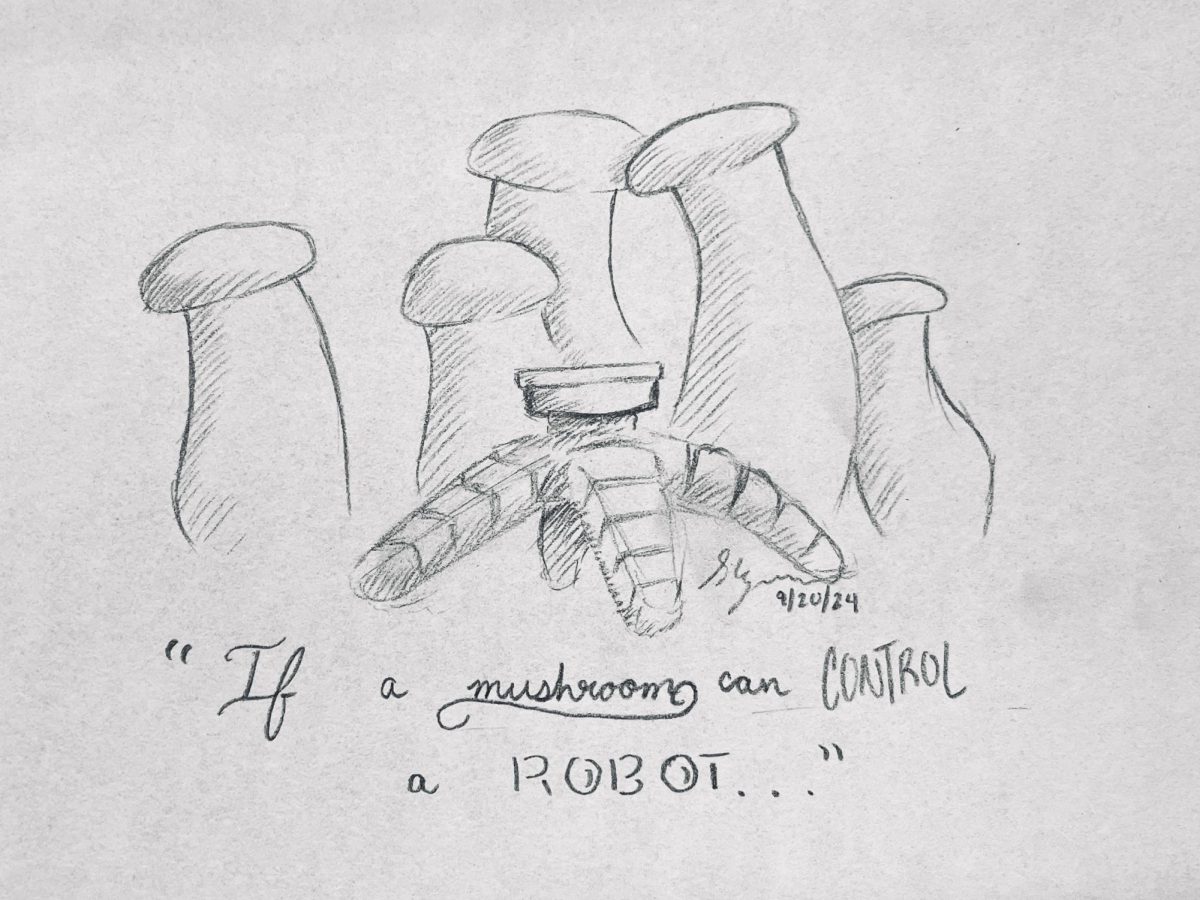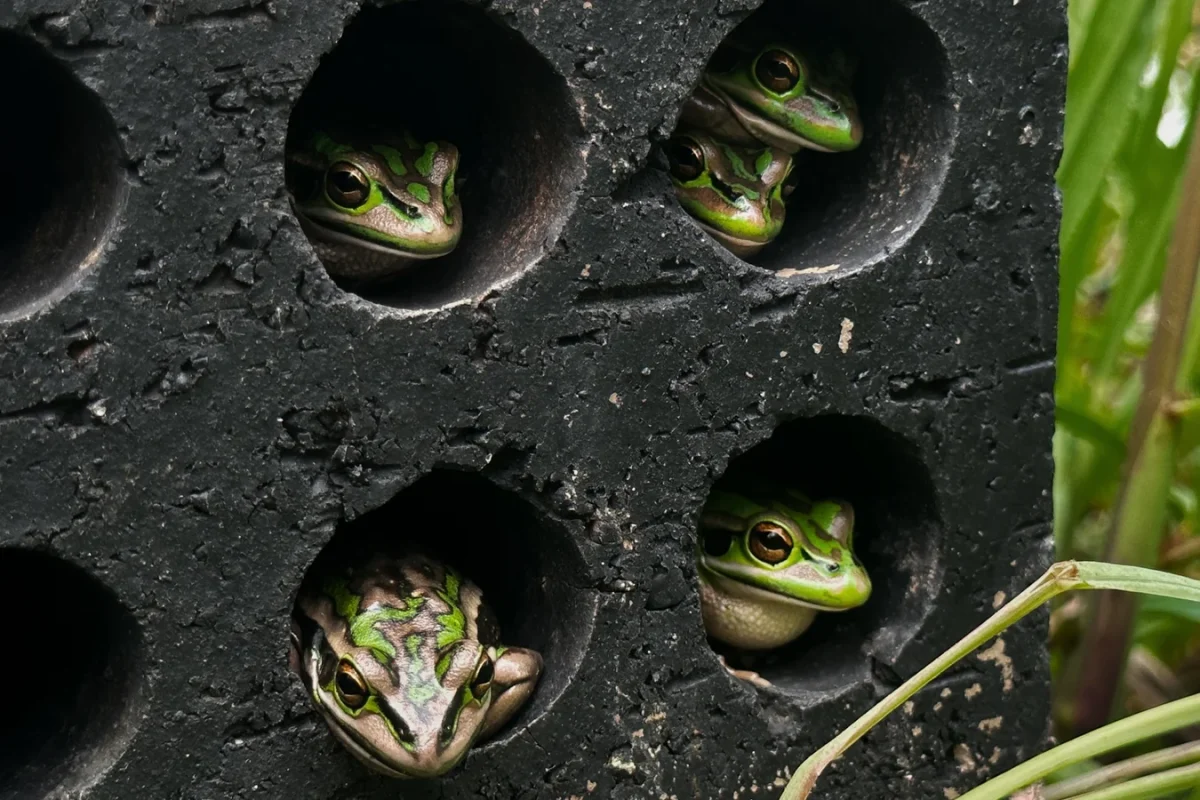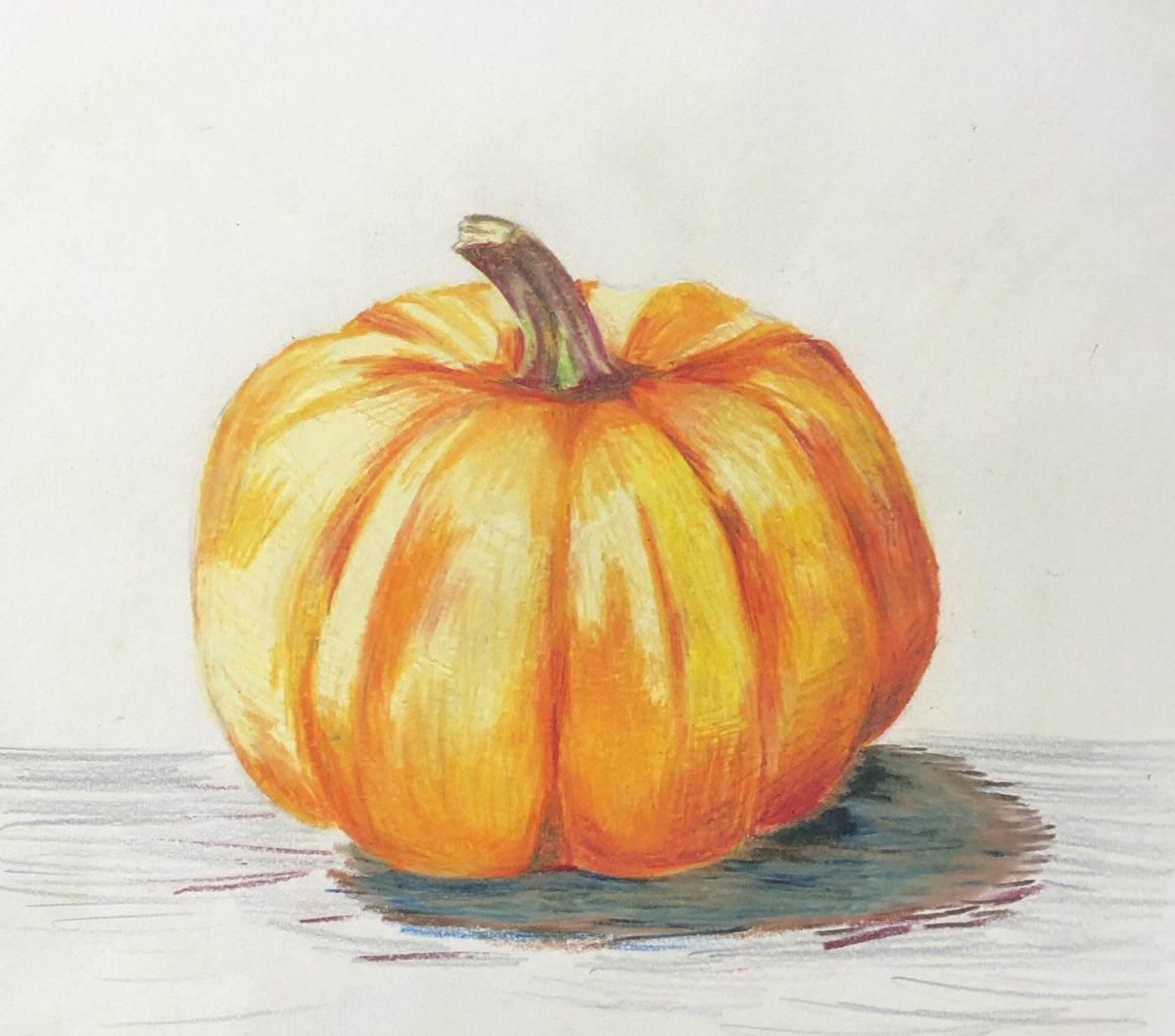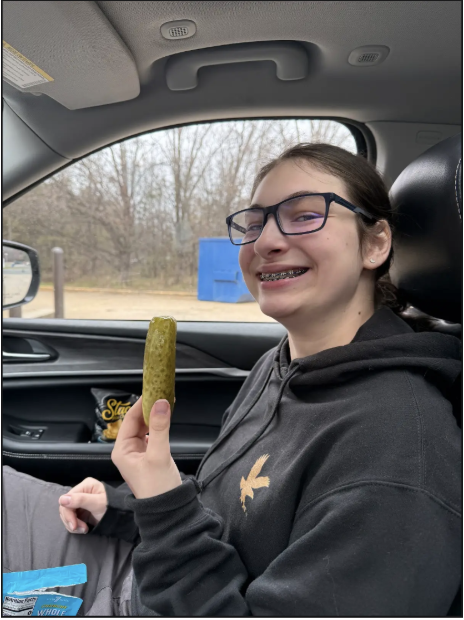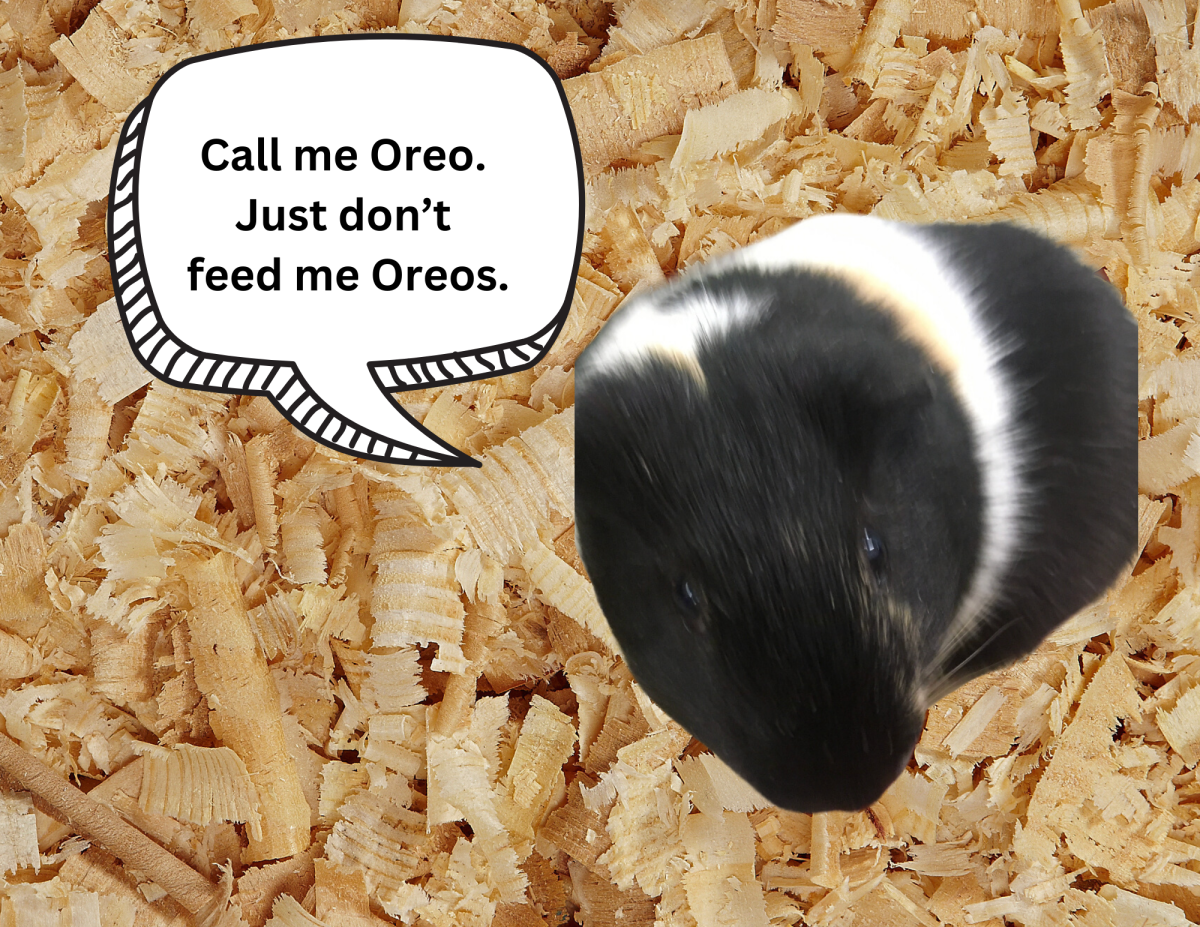Meet Oreo, the resident guinea pig at ACC who lives in the back section of the animal lab. Oreo is shy, especially if she’s never seen you in the lab before, but when she trusts you, she really trusts you.
Oreo isn’t one to bite the hand that pets her, but if your hands smell like carrots, she might nibble you a bit. To prevent this, and for her safety, always sanitize your hands before and after feeding or petting her.
While Oreo lives alone, most guinea pigs are group animals and will get lonely. If you want to get a few of your own, here’s what you should know.
If you want your guineas to live a longer, healthier life, a larger cage with more space to run around is ideal. Store-bought guinea pig chow is better than regular rodent chow because it has vitamin C added, which guineas can’t produce naturally. To help with that, you can also feed your pigs a baby carrot or bell pepper slice daily. Guinea pigs also eat alfalfa hay, which can be put in a feeding container attached to the side of the cage. You should also replace their water daily, even if they haven’t drank much. Guinea pigs drink water out of a licker bottle.
Guinea pigs, especially newly owned ones, need to be hand-tamed as much as possible. Hand-taming just means holding, petting, or brushing your guinea to help them get used to human contact. Many people double up their hand-taming time with their brushing time. Guinea pigs should be brushed daily for a soft, healthy coat.
As mentioned before, make sure your hands are completely clean before you handle your guinea pigs or their food and water since guinea pigs are susceptible to many human diseases. You should also clean the area around the cage daily.
Their cages are usually made of two parts, with a short plastic base for bedding and a tall metal cage on top, with attachments for holding the water bottle and hay feeder. A few hanging toys should also be put in to stimulate the guineas’ minds. Guinea pigs also like to have somewhere to hide, usually, a wood or plastic “house” with a hole in one or both sides, light enough for the pigs to be able to move wherever they want.
Cages and accessories, including food and water containers, should be cleaned at least once every two weeks, and the plastic tray should be cleaned weekly. While cleaning, make sure the guinea pigs are in a secure location, preferably in a holding container with bedding. Use about half an inch of pine shavings at the bottom of the cage and holding container. Be sure that you aren’t using cedar shavings, as those can cause respiratory problems.
Guinea pigs live about 5 to 7 years when cared for responsibly. If you do end up getting some, drop by the Writing Lab in Ms. McFarlane’s room during 4B and let us know what you’ve named them! Pictures are welcome, too.
Good luck in your quest to find the perfect pet for you!






